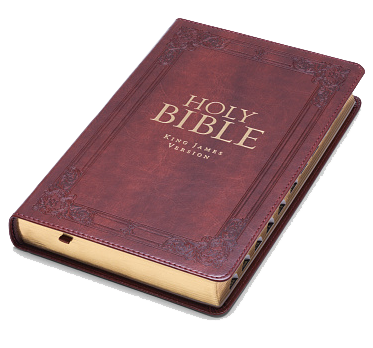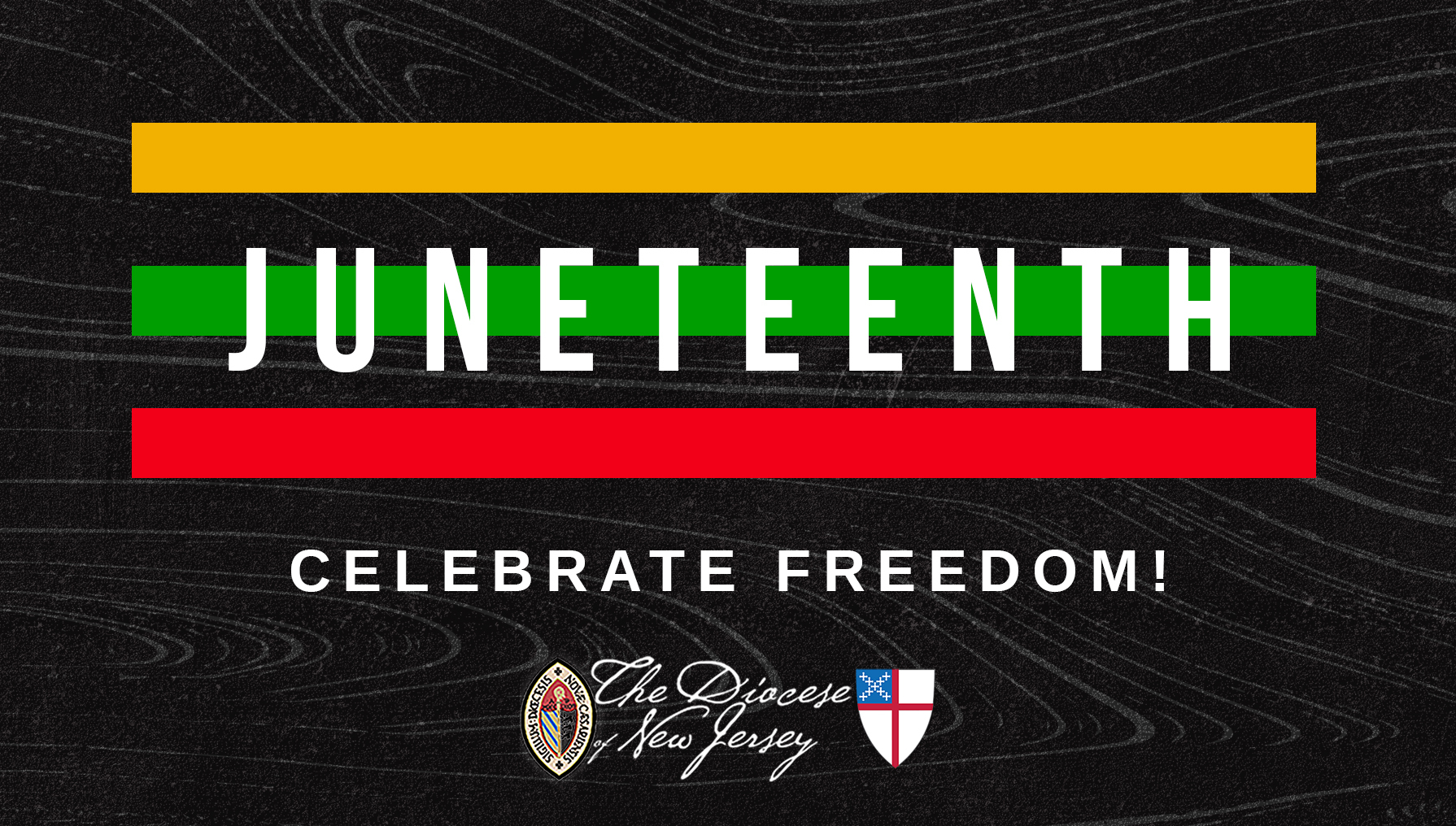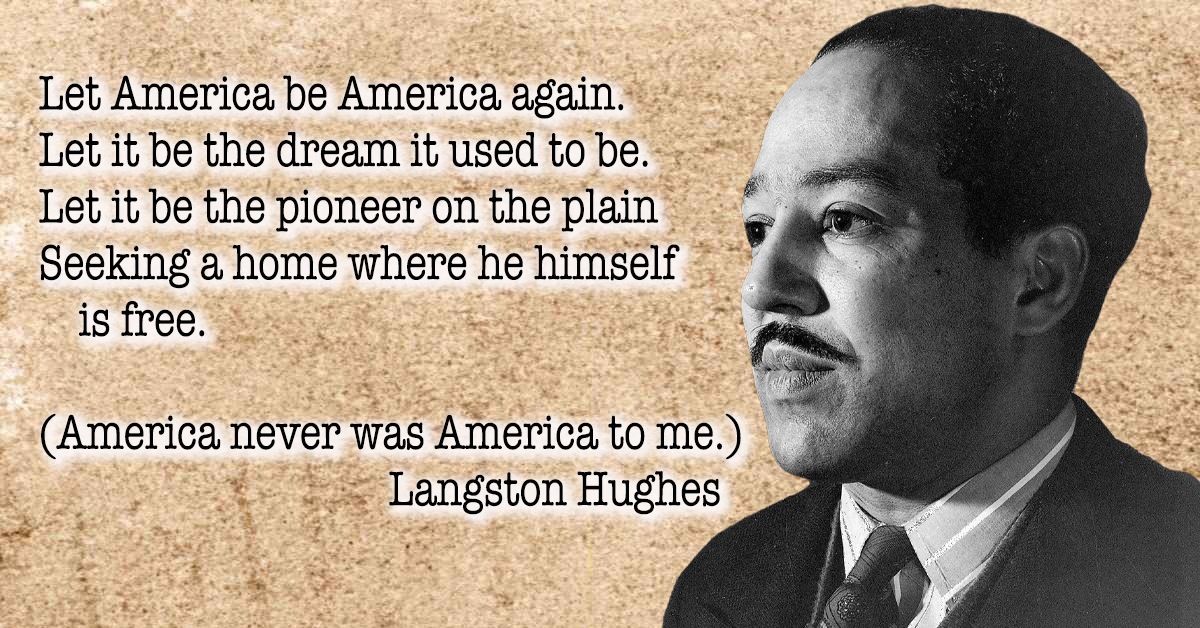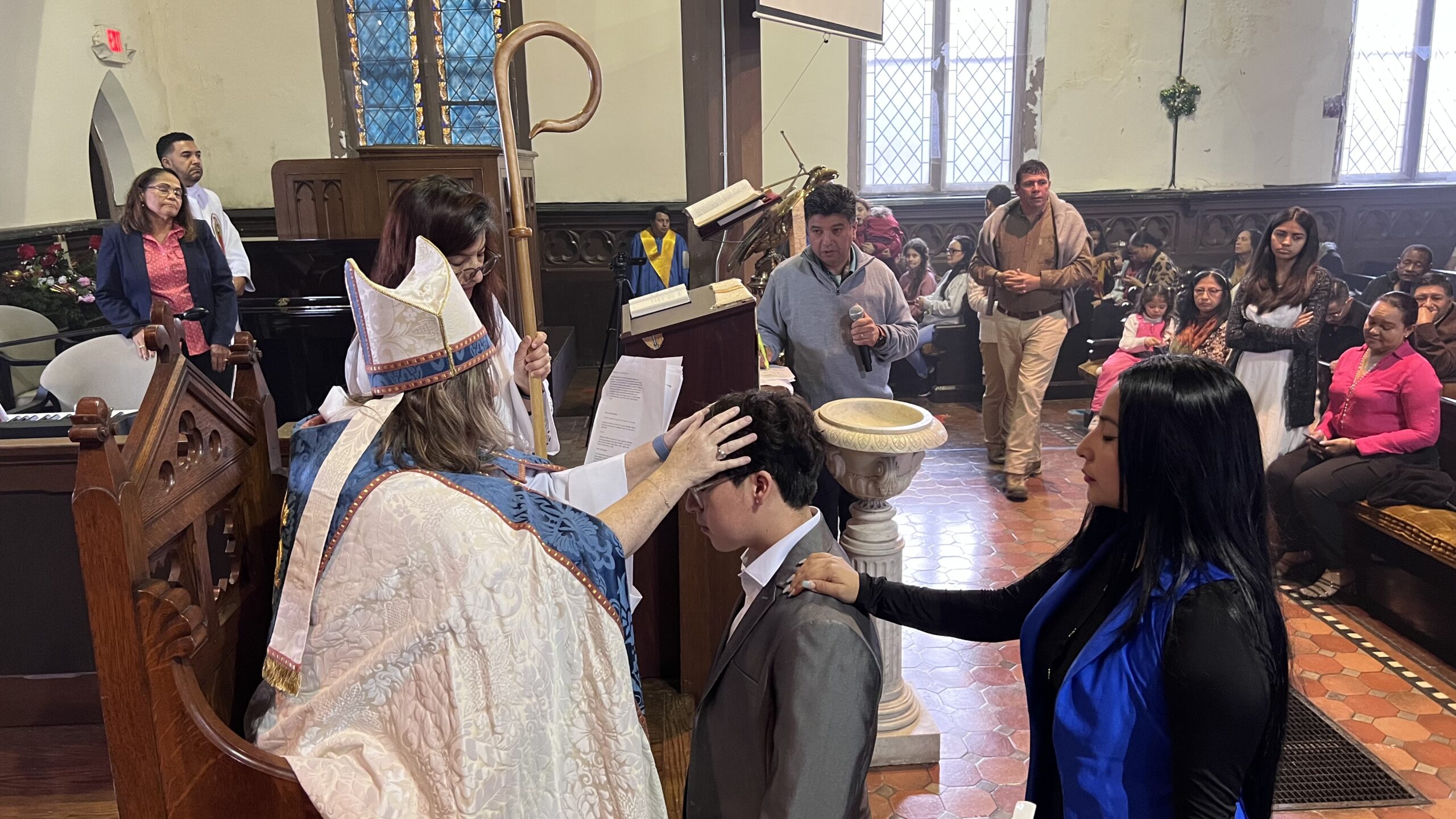
Dear People and Friends of the Diocese of New Jersey,
“Juneteenth” will be observed this coming Monday, June 19. A federal and state holiday, Juneteenth commemorates the emancipation of slaves during the Civil War. The specific event precipitating the observance on June 19th was the order given in Galveston, Texas by Major General Gordan Granger emancipating slaves in Texas on June 19, 1865.[1] This was well after January 1, 1863, Lincoln’s Emancipation Proclamation freeing all slaves in the Confederate states technically became effective.
 As the southernmost Confederate state in the Union, Texas remained shielded from Union control until late in the Civil War, hence the delay in implementing the Emancipation Proclamation until Granger’s order on June 19, 1865.[2] Slavery in all the states would not end until the 13th Amendment of the Constitution was ratified on December 6, 1865. It is worth noting that New Jersey, refused to pass the 13th amendment when it was first proposed and was the last northern state to ratify it.[3]
As the southernmost Confederate state in the Union, Texas remained shielded from Union control until late in the Civil War, hence the delay in implementing the Emancipation Proclamation until Granger’s order on June 19, 1865.[2] Slavery in all the states would not end until the 13th Amendment of the Constitution was ratified on December 6, 1865. It is worth noting that New Jersey, refused to pass the 13th amendment when it was first proposed and was the last northern state to ratify it.[3]
That Juneteenth falls between Flag Day observed on June 14, and Independence Day observed on July 4 is provocative and invites reflection. Flag Day and Independence Day celebrate the ideals of this nation, and especially our core values contained in our foundational documents—the Declaration of Independence and our Constitution. Too often, these ideals get lost beneath a veneer of cheap patriotism that waves the flag and pays lip service to liberty and justice for all but doesn’t really mean it.
Juneteenth is a stark reminder that these ideals have never been fully realized for many. The words, images, pain, pathos, and yearning of the great Harlem Renaissance poet Langston Hughes’s poem Let American be America Again echo in my mind, and especially his refrain, “America never was America to me.” Hughes’s poem offers a parade of those for whom America’s ideals have fallen short—the “poor white,” “the Negro bearing slavery’s scars,” “the red man driven form the land,” “the young man, full of strength and hope, Tangled in that endless chain of profit, power, gain, of grab the land, grab the gold.”[4]
Juneteenth invites all Americans to acknowledge and tell the truth about our history, a history which is too often “white-washed,” sanitized and mythologized. Juneteenth should stir us to work diligently for an America that fulfills its highest ideals for all its citizens and people, not just some. This faith-filled work is at the heart of the Golden Rule. As Ryan Haygood and my friends at the New Jersey Institute for Social Justice affirm, “There is a direct line from the enslavement of Black people in New Jersey to the wide racial disparities today, some of the worst in America.”

On Monday, June 19, Juneteenth, Bishop-Elect Sally French and I will be joining with Ryan Haygood and folks from the New Jersey Institute of Social Justice, Faith Allies for Reparations (which we in the Diocese of New Jersey were instrumental in founding) and many others, including New Jersey United States Senator Cory Booker, Newark Mayor Ras Baraka, New Jersey Assemblywoman Shavonda Sumter, at the ferry slip of Perth Amboy which had been a place to which slaves were brought, bought and sold, to announce the launch of the New Jersey Reparations Council. At noon, we go to St. Peter’s, Perth Amboy for a brief prayer service at the Monument for Enslaved Africans. This will be followed by a musical salute and procession to City Hall for a raising ceremony and celebratory bellringing.
I welcome everyone in the Diocese of New Jersey to join us for these Juneteenth events. They help us fill out the fullness of our national story. They help us lead America to be what it could and should be. They help us as faithful Christians and Episcopalians to “seek and serve Christ in all persons loving our neighbor as ourselves,” to “strive for justice and peace among all people,” and to “respect the dignity of every human being.”
God bless you.
Faithfully in Christ,
 The Right Reverend William H. Stokes
The Right Reverend William H. Stokes
Bishop of New Jersey
________________________________________
Notes
[1] See Juneteenth – Wikipedia
[2] Ibid
[3] See Williams, Noelle Lorraine “New Jersey—The Last Northern State to End Slavery”—New Jersey Department of State—New Jersey Historical Commission website at NJ Department of State – Historical Commission – Juneteenth 2021
[4] See Hughes, Let America be America Agai










